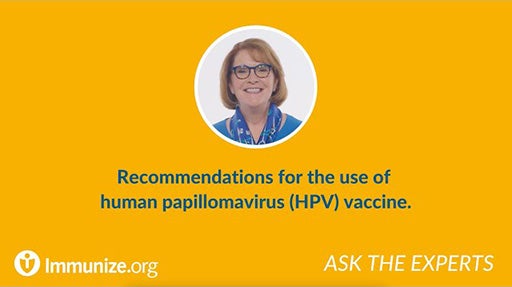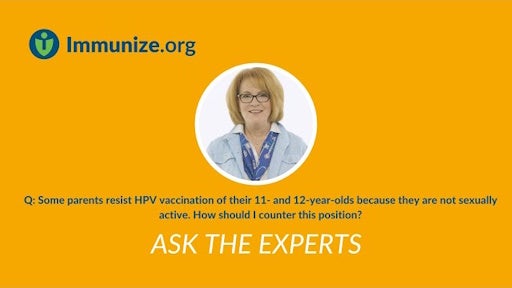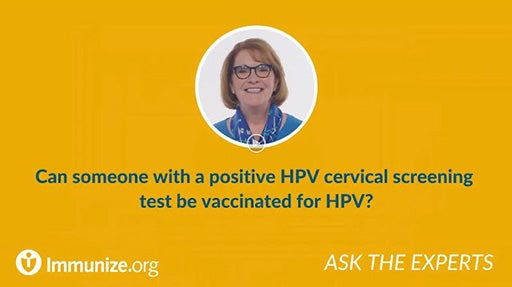Most HPV infections are asymptomatic and go away completely on their own within 2 years after infection (usually in the first 6 months) without causing clinical disease. Some infections are persistent and can lead to genital warts, precancerous lesions, or cancer. Infections caused by certain HPV types cause almost all cases of anogenital warts in women and men and recurrent respiratory papillomatosis.
It can take years, even decades, for HPV infections to lead to cancer. According to CDC surveillance data from 2016 through 2020, every year in the United States, about 46,711 new cases of cancer (25,689 among women and 21,022 among men) are found in parts of the body where human papillomavirus (HPV) is often found (referred to as HPV-associated cancers). About 79% of these cancers are probably caused by HPV (referred to as HPV-attributable cancers).
Each year, between 2016 and 2020, nearly 12,000 cases of cervical cancer, the most widely known HPV-associated cancer, occurred in the United States. HPV is also associated with vulvar, and vaginal cancer in females, penile cancer in males, and anal and oropharyngeal cancer in both females and males. Between 2016 and 2020, oropharyngeal cancers were the most common HPV-associated cancers, with an average of 20,805 reported cases each year (17,248 among men and 3,557 among women).
See www.cdc.gov/cancer/hpv/cases.html for more information on trends in HPV-associated cancer.


